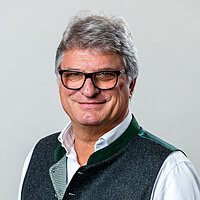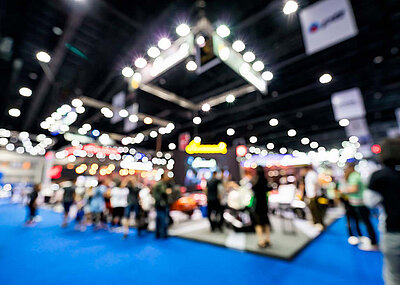“The setting is right, but the sails must be adjusted in the storm,” said M.Sc. Dipl.-Ing. Mirjam Jan-Blazic, President of the Slovenian Foundry Association, in her welcome address. With nearly 270 participants and a diverse program, she and her team, together with international professors, once again delivered a high-level event. However, despite engaging presentations and lively discussions, it was evident that the industry is facing profound challenges.
German Foundry Industry Loses Two Million Tons of Production
This became particularly clear in the reports from Germany. Max Schumacher and Dr. Sebastian Tewes of the BDG stated that foundry production has declined by almost one-third over the past six years – from just under six million tons to around four million today. Similar trends are evident in many other European countries. The pandemic, geopolitical tensions, the transformation pressure toward climate neutrality, tariffs, fragile supply chains, and a weakening economy weigh heavily on companies. In Germany alone, around 2,000 industrial jobs are currently being lost every week.
José Javier González, Secretary General of the WFO, therefore urged stronger political engagement. The fundamental importance of the foundry industry has not yet been fully recognized in political decision-making circles. Yet the fact remains: nothing in industry works without castings – not in mechanical engineering, not in automotive production, and not in infrastructure.
Exchange and Perspectives for the Future
Against this backdrop, the Congress in Portorož provided an important forum for dialogue and networking. Participants were able to share experiences, deepen contacts, and develop common perspectives. Nevertheless, the event deserved a larger audience. “Send the employees from the foundries to Portorož!” was the clear call. Here, tradition, innovation, and creativity meet – offering a stage the industry urgently needs in difficult times.
The outlook remains cautious: Europe’s foundries face further challenging years ahead. At the same time, future-oriented topics such as gigacasting, rheocasting, artificial intelligence, and digitalization are advancing steadily. Competitors from Asia and other regions will seek to seize these opportunities. All the more important, therefore, is the bold renewal of production in Europe – in the automotive sector as well as in defense, mechanical engineering, and infrastructure – while also improving political framework conditions.
One fact remains unchanged: nothing works without castings. This applies across all sectors. Europe must become more aware of this reality, create the right framework conditions, and move forward decisively in partnership with the industry. There are already many signs that companies are ready to do so.
In September 2026, the International Foundry Congress will return to Portorož for the 66th time, once again offering the opportunity for creative exchange in a unique environment.












